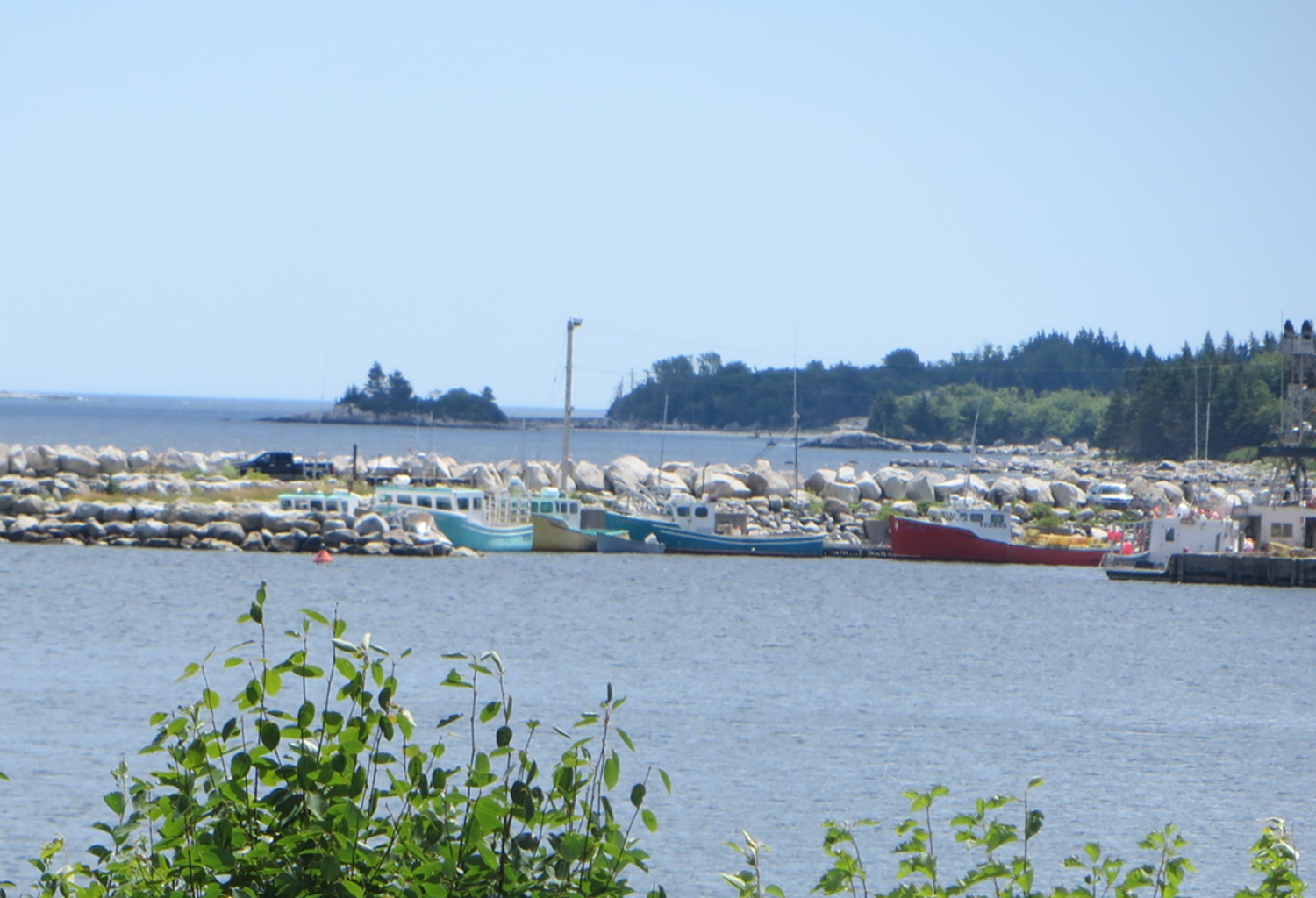Ingredients
Chapter 2
Turning the Tide: Strategies, Innovation and Transformative Learning at the Olifants Estuary, South Africa
By Merle Sowman
In Chapter 2, Merle Sowman highlights strategies used by the fishing communities in the Olifants estuary in South Africa to challenge unjust conservation proposals and claim their rights. The analysis highlights the shifts in attitude that took place over a seven-year process, resulting in a consensus regarding a contested estuary management plan, and also points to several additional ingredients for transformative change, including a robust legal foundation, partnerships, trans-disciplinary research and a critical role for advocacy.

Two of the older fishers from Olifantsdrif with dried fish (bokkoms) in background
Chapter 3
Emergence of Community Science as a Transformative Process in Port Mouton Bay, Canada
By Laura Loucks, Fikret Berkes, Derek Armitage and Anthony Charles
Laura Loucks and colleagues (Chapter 3) examine a case in Nova Scotia, Canada, of a novel community science effort related to lobster and livelihoods. The process of this community science initiative and its outcomes has emerged as a foundation in ongoing efforts to transform current fisheries governance practices in ways that enhance the fit between the social-ecological system at the local community level and the often disconnected provincial level of decision making.

Chapter 4
Rights-based Coastal Ecosystem Use and Management: From Open Access to Community Managed Access Rights
By A. Minerva Arce-Ibarra, Juan Carlos Seijo, Maren Headley, Karla Infante-Ramírez, and Raúl Villanueva-Poot
Drawing on three case studies in a coastal region in Mexico, Minerva Arce-Ibarra and her colleagues (Chapter 4) analyze how rights-based coastal ecosystem access, use and management have evolved from open access to community managed rights regime over the last four decades. They illustrate how community user groups have used this shift to proactively engage in ways that create better conditions for themselves and for their coastal commons.
Chapter 5
Transformations of the Reef, Transformations of the Mind: Marine Aquarium Trade in Bali, Indonesia
By Jack Frey and Fikret Berkes
In Chapter 5, Jack Frey and Fikret Berkes examine the ornamental fish trade in Bali, Indonesia. Their analysis provides important insights about how environmental degradation can be reversed and about the factors involved in such a transformation. In particular, they highlight how change related to reef protection came about through a transformation in the mindset of local fishers, and the subsequent links to other important ingredients, such as leadership, learning, trust building and partnerships.
Chapter 6
The Path to Sustainable Fisheries in Japan and the Transformative Impact of the Shiretoko World Natural Heritage Site
By Eirini Ioanna Vlachopoulou and Mitsutaku Makino
Eirini Vlachopoulou and Mitsutaku Makino (Chapter 6) synthesize experiences in the Shiretoko World Natural Heritage Site in Japan. Here, local initiatives have transformed the area into an example of community conservation success. Of particular interest is the crucial role of stakeholder participation in decision-making processes, and the extensive collaboration among users groups in fostering critical changes.

Shiretoko fishing community
Chapter 7
Community Participation and Adaptation to Change in Biosphere Reserves: A Review and a Mediterranean European Coastal Wetland Case Study (Rhone Delta Biosphere Reserve, Southern France)
By Meriem Bouamrane, Raphael Mathevet, Harold Levrel, Heather Huntington and Arun Agrawal
In Chapter 7, Meriem Bouamrane and colleagues combine qualitative and quantitative analysis to explore how participation in management affects social, economic and ecological outcomes, focusing on the Rhone Delta Biosphere Reserve, in Southern France. In doing so, their analysis provides insights on how local participation and resilience are related to biodiversity and socio-economic outcomes, and therefore, the implications for fostering transformative change.



